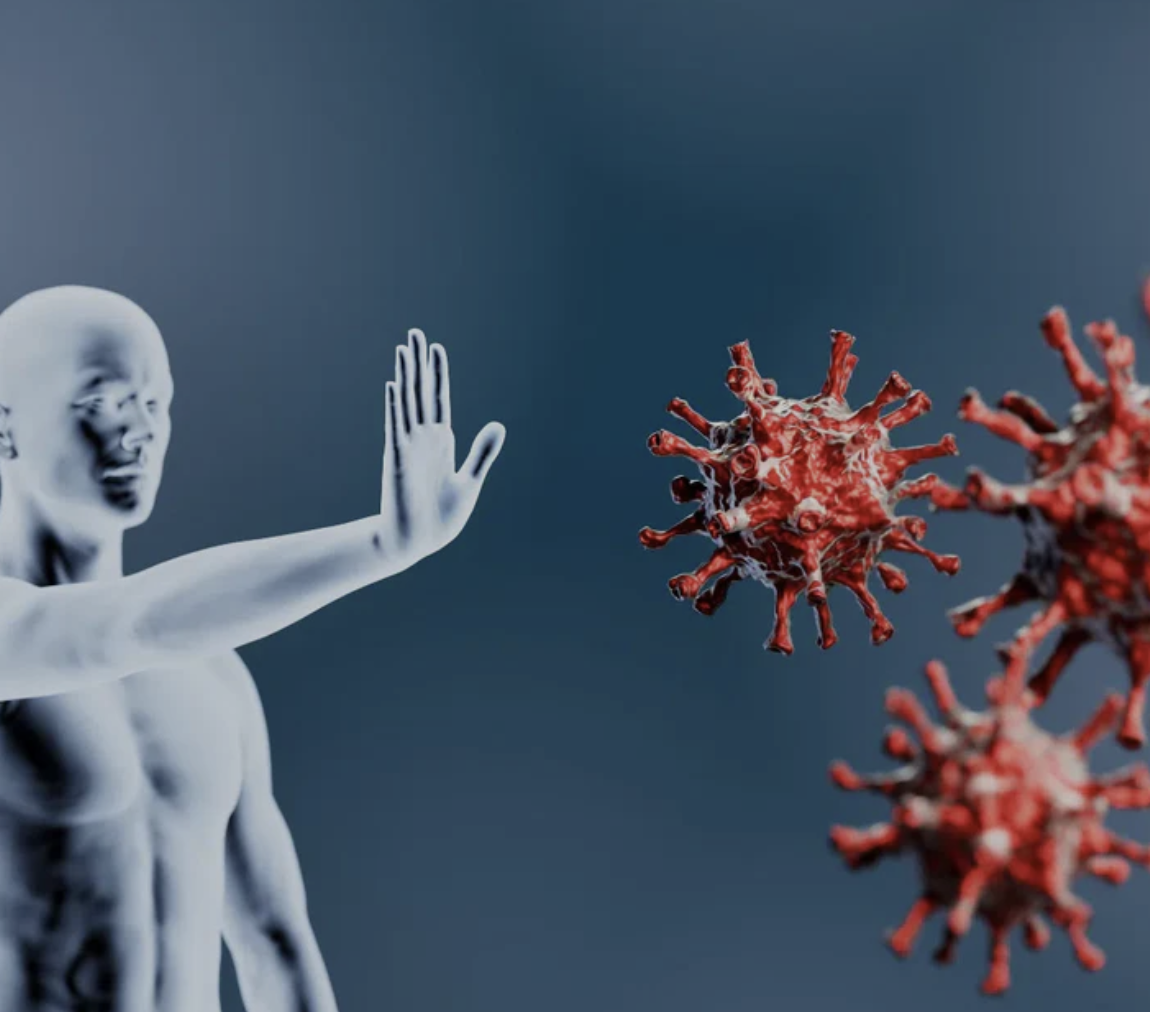(20 Credits/Hours)
Launch Date: August 5, 2025
Expires: August 31, 2027
Course Overview
This comprehensive Infection Control & Prevention course provides healthcare professionals, public health workers, and facility managers with essential knowledge and practical skills to prevent healthcare-associated infections and maintain safe environments. The program targets healthcare professionals, infection preventionists, environmental services personnel, and long-term care staff who need evidence-based strategies for effective infection control in their daily practice.
Upon completion, participants will understand infectious disease transmission principles, implement standard and transmission-based precautions, develop infection prevention policies, recognize and respond to outbreaks, and apply proper hand hygiene, PPE, and environmental cleaning protocols. Students will also gain skills in conducting risk assessments, surveillance activities, and educating staff and patients on infection prevention practices.
Table of Content
- Foundational Infection Control
- Healthcare-Associated Infections (HAIs)
- Antimicrobial Resistance & Stewardship
- Outbreak Investigation & Response
- Specialized Settings & Populations
- Specific Pathogens & Conditions
Learning Objectives
Upon completion of this course, you will be able to:
Foundational Infection Control
- Analyze the chain of infection and identify intervention points for breaking disease transmission.
- Demonstrate proper use of standard precautions and transmission-based precautions.
- Perform correct hand hygiene techniques including surgical antisepsis and alcohol-based hand rub application.
- Distinguish between cleaning, disinfection, and sterilization processes.
- Select appropriate antimicrobial agents based on pathogen characteristics and surface compatibility.
- Evaluate administrative, engineering, and work practice controls in infection prevention programs.
Healthcare-Associated Infections (HAIs)
- Identify risk factors and prevention strategies for CLABSIs, CAUTIs, SSIs, and VAP.
- Implement evidence-based prevention bundles for invasive device management.
- Interpret HAI surveillance data and infection rates for quality improvement.
- Assess the economic impact of HAIs on healthcare systems and patient outcomes.
- Develop multidisciplinary team approaches for HAI prevention initiatives.
- Create sustainable culture change strategies within healthcare organizations.
Antimicrobial Resistance & Stewardship
- Explain mechanisms of antimicrobial resistance development and transmission.
- Evaluate antimicrobial stewardship program components and effectiveness.
- Assess appropriate antimicrobial prescribing practices through case study analysis.
- Interpret laboratory susceptibility testing results and resistance patterns.
- Develop control strategies for multidrug-resistant organisms including screening and isolation protocols.
- Implement and monitor antimicrobial stewardship quality improvement initiatives.
Outbreak Investigation & Response
- Apply systematic approaches to outbreak detection, investigation, and control.
- Develop comprehensive outbreak response plans including immediate control measures.
- Analyze epidemiological data using epidemic curves, attack rates, and case mapping.
- Coordinate laboratory confirmation methods and molecular typing for outbreak investigations.
- Navigate legal and ethical considerations in outbreak response and reporting requirements.
- Monitor intervention effectiveness and adjust response strategies based on surveillance data.
Specialized Settings & Populations
- Analyze infection control challenges in ICU, surgical, long-term care, and ambulatory settings.
- Evaluate prevention protocols for immunocompromised, pediatric, and geriatric populations.
- Develop infection control protocols for emerging healthcare delivery models and disaster response.
- Assess occupational health requirements including vaccination programs and exposure management.
- Adapt prevention strategies for resource-limited settings while maintaining safety standards.
- Demonstrate cultural competency in developing feasible prevention strategies across diverse environments.
Specific Pathogens & Conditions
- Implement prevention and control measures for bloodborne pathogens (HIV, HBV, HCV).
- Apply appropriate precautions for respiratory pathogens including tuberculosis and influenza.
- Develop screening and isolation protocols for multidrug-resistant organisms (MRSA, VRE, CRE).
- Demonstrate preparedness planning for emerging infectious diseases and bioterrorism agents.
- Evaluate vaccination programs and strategies for achieving optimal coverage rates.
- Assess post-exposure prophylaxis protocols and risk assessment procedures.




